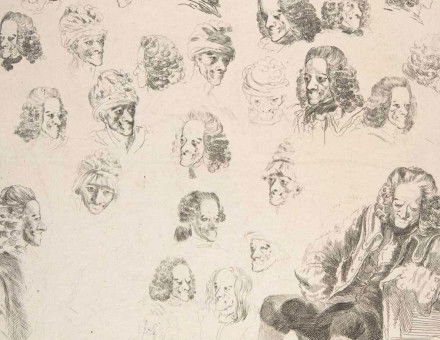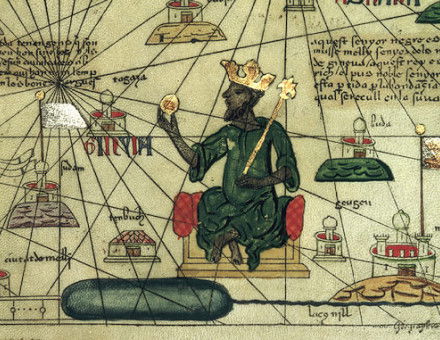Maiden Castle
Maiden Castle, an enormous earthwork two miles from Dorchester, Dorset, dominates the local landscape. The hill-top site, explains William Seymour, shows traces of occupation for three-and-a-half thousand years, and was the scene of a major, much publicised excavation by Mortimer Wheeler in the 1930s.






